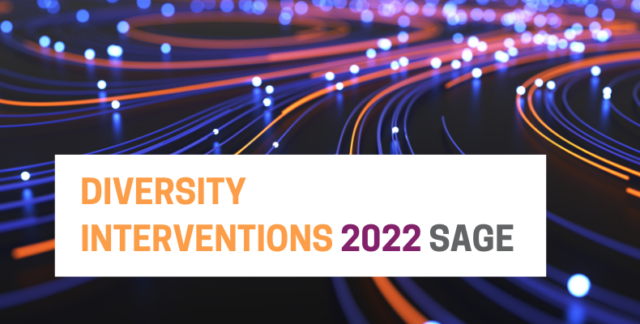Background
There has been significant attention on gender inequities within medical and surgical specialties recently. Research has highlighted the barriers to entry and career advancement for women which have resulted in an inequity in gender distribution of medical and surgical specialists (Burgess et al. 2020).
Professional member organisations, such as Medical Colleges, play crucial roles in medical training and careers, including:
- development of standards and curricula for postgraduate vocational training;
- control of entry into and exit out of vocational training programs;
- development of accreditation standards and accreditation of health services for vocational training;
- continuing professional development; and
- leadership opportunities through participation in governance committees.
Aim
This project aimed to identify evidence-informed interventions promoting gender equity that are already being delivered by professional member organisations, and to assess the appetite for collective co-design and implementation of potential relevant interventions.
Methods
A scoping review of literature and publicly available data was undertaken, including analysis of member organisation stakeholders’ current policies, procedures, standards, guidelines and regulations relating to vocational training, discrimination, bullying, inclusion and accreditation. Current activities were classified according to evidence-informed interventions known to promote gender equity (Mousa et al. 2021).
A workshop with member organisation stakeholders was held to explore issues relevant to each organisation, to communicate findings from the scoping review and to determine appetite and priorities for potential collective action.
Results
Most member organisations involved had already established gender equity or diversity and inclusion working groups. Two organisations had published gender equity reports, with agreed targets for representation on boards, councils and committees. One member organisation had reported progress on their targets.
While most organisations had published policies on flexible training, parental leave and interrupted training, implementation was not reported. Accreditation standards allowed for fractional training, subject to staffing levels and hospital requirements. Transparent data on selection into training programs and member organisation committees was variably available. Specific leadership training and development programs were not found. Most member organisations did not provide formal career mentoring or networking.
Member organisation stakeholders agreed that collective action would likely magnify their impact on healthcare services. Potential interventions discussed included ownership by their leadership of gender equity-focused culture change, enforcement of accreditation standards which promote flexible training, enterprise bargaining agreement negotiations, and development of collective position statements for advocacy. Platforms such as the College of Presidents of Medical Colleges and the Australian Medical Council were suggested to drive collective action more systematically.
Conclusion
Professional member organisations recognise their role in promoting gender equity, and have begun to establish targets, policies and interventions, but are still early in their journey of implementation. They recognise the opportunity to amplify the impact of interventions by working collectively.
References
- Burgess S, Shaw E, Ellenberger KA, Segan L, Castles AV, Biswas S, Thomas L and Zaman S (2020) ‘Gender equity within medical specialties of Australia and New Zealand: cardiology’s outlier status’, Internal Medicine Journal, 50(4): 412–419.
- Mousa M, Boyle J, Skouteris H, Mullins AK, Currie G, Riach K and Teede HJ (2021) ‘Advancing women in healthcare leadership: a systematic review and meta-synthesis of multi-sector evidence on organisational interventions’, eClinicalMedicine, 39:101084.
Presenters
- Jenny Proimos, Monash University
Co-authors
From Monash University:
- Jacqueline Boyle
- Madison Hartill-Law
- Helena Teede
SAGE note
Interested in related reading? Members of learned societies now have higher expectations for what societies should for diversity and inclusion.

